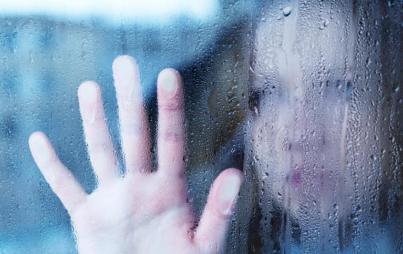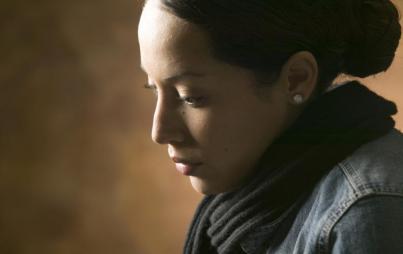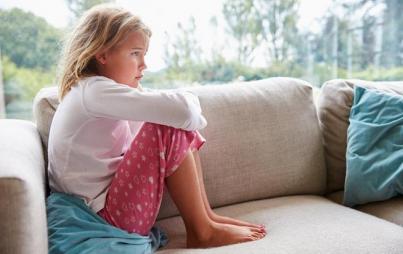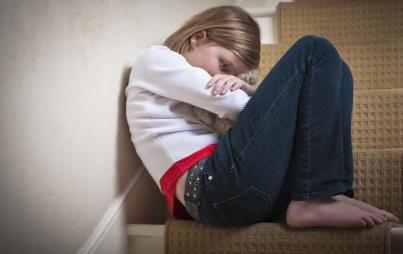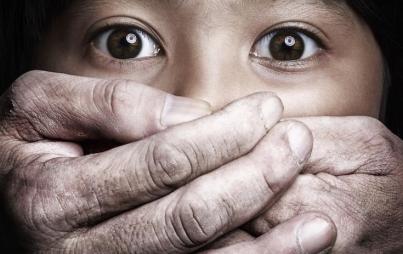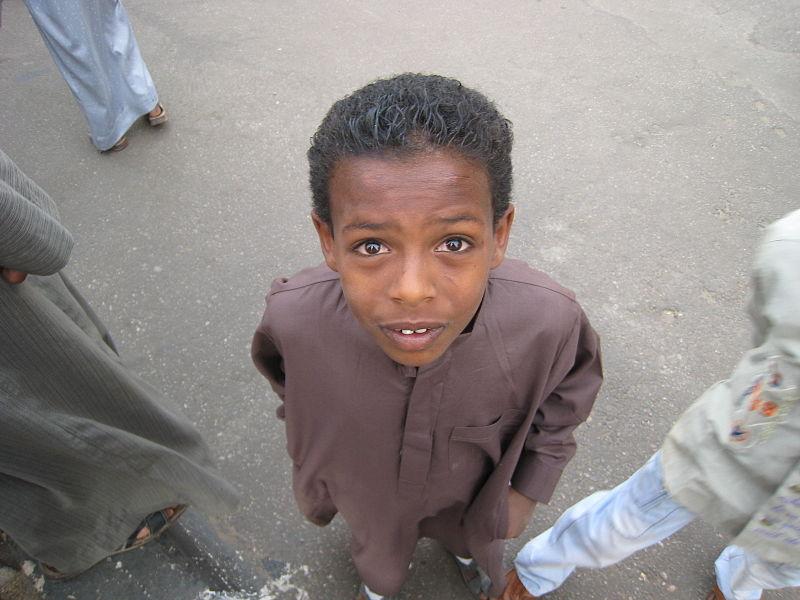
Since the 2011 Egyptian Revolution ousted 30-year entrenched dictator Hosni Mubarek, the march of "progress" in the chaotic country has gone in anything but a straight line — and, not surprisingly, it turns out that in the wake of one dictator, Egyptian youth are suffering at the hands of another.
President Mohammed Morsi — who was elected last summer — has proven to be a chilling facsimile of his predecessor; the country remains in a downward spiraland the shameful treatment of its incarcerated and abused youth has the global community up in arms. Over 300 children have been imprisoned, beaten, tortured and sexually abused (some in the same infamous torture facility, Gabal Ahmar, used under Mubarak) since July and the intensity of the detention and humiliation is being called "unprecedented."
While myriad theories fly on why so many children have been arrested, the pre-dominant theory is that the "detainees" (some of which are only nine years old) have been accused of membership in the Black Bloc, an anti-government protest group. Most of these arrests were made in connection to a Morsi association, and the psychological trauma inflicted afterwards is likely intended to ensure future allegiance to the abusers. We can’t help but point out the scores of evidence that shows these barbaric techniques aren’t making the desired impact in areas of conflict: the Democratic Republic of the Congo, Sudan, and Uganda are just a few examples of child abuse definitely not helping the problem (...does child abuse ever solve a problem?).
Sadly, it’s more likely that these mistreated children will grow to become violent themselves, a classic-ly disturbing phenomenon observed in cases of domestic violence:
Abused and neglected children are 11 times more likely to engage in criminal behavior as teens; 2.7 times more likely to be arrested for violent/criminal behavior; one-third of abused children will grow up to abuse their own children – National Institute of Justice
It's hard to parse out the miserable subtleties of beaten/incarcerated children and domestic abuse is—by definition— a very different experience than being arrested ... but it serves as a stark reminder of what violence can do to children, their psyche and their future.
So the question remains: is it our responsibility as a global community to intervene? That in and of itself entails bloodshed and death — so what do we do? This is the age old argument between the interventionists and the pacifists: is action always the best answer?
Image: Wikimedia

